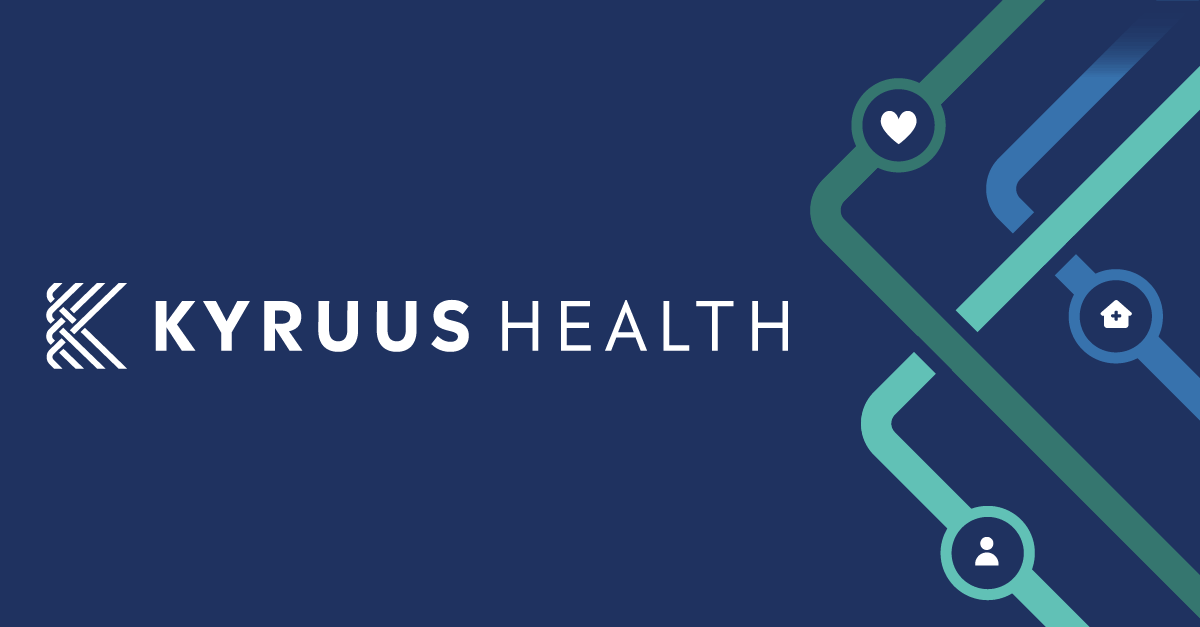Unless you’re a robot, made of Teflon, or somehow immune to injury or illness, chances are you’ve been treated by a nurse at some point in your life.
Nurses across the world play a crucial role in caring for patients, whether it’s administering medication, monitoring vitals, drawing blood, or simply listening to their concerns. This, of course, doesn’t take into account the countless hours they spend charting and conducting numerous other administrative tasks.
In the United States alone, there are an estimated five million active registered nurses (RNs) and roughly 975 licensed practical nurses (LPNs). It’s for these valued healthcare heroes that we celebrate National Nurses Week. The observance started in 1954 to mark the 100th anniversary of Florence Nightingale’s mission to Crimea and is held every year from May 6-12. This year’s National Nurses Week theme is “You Make a Difference.” And they certainly do!

The Burnout Epidemic
Today’s nurses provide quality care to patients — even while facing a host of challenges. No wonder so many nursing professionals are burned out. The COVID-19 pandemic did nothing to alleviate that.
Defined as a chronic response to work-related stress composed of emotional exhaustion, depersonalization, and lack of personal accomplishment, nurse burnout often is due to understaffed hospitals, fatigue, a chronic lack of sleep, and feelings of being constantly overworked but unappreciated. Approximately 2.7 million U.S. nurses report feeling burned out, and it’s especially common among younger nurses.
It’s similar to compassion fatigue, which affects up to 39% of registered nurses, and refers to a combination of physical, emotional, and spiritual depletion associated with caring for patients in significant emotional pain and physical distress. Compassion fatigue occurs when prolonged emotional strain culminates in detachment and difficulties providing empathetic care.
How do you know if you’re experiencing burnout? You might feel constantly tired, overworked, and underappreciated and dread going to work. Physical symptoms of nurse burnout include:
- Exhaustion
- Anxiety
- Frequent illness and sickness
- Headaches and muscle pain
- Change in appetite
- A noticeable difference in sleep habits
Emotional symptoms of nurse burnout include:
- Feelings of helplessness
- A sense of failure and self-doubt
- Detachment
- Lack of motivation
- Cynicism
- Decreased career satisfaction
Serious Staffing Shortages
As mentioned previously in this blog, one of the primary reasons for nurse burnout is inadequate staffing, a problem that doesn’t appear to be easing anytime soon. Roughly 100,000 RNs and 34,000 LPNs left the nursing profession over the past two years because of the pandemic, and more than 20% of RNs plan to retire within the next four years. Those numbers alone comprise 20% of the total RN/LPN workforce in the U.S.
It’s not only nurses that this shortage-exacerbated burnout epidemic affects. Research has shown that high nurse-to-patient ratios lead to an increase in patient safety risks, resulting in elevated rates of pneumonia, nosocomial infections, falls, pressure ulcers, and incorrect medication dosage — even failure to rescue and death. For each additional patient added to the average nurse’s workload, the odds of a patient dying in the hospital increase by almost 15%.
Conversely, adequate nurse staffing often reduces medical and medication errors, patient mortality, hospital readmissions, length of stay, and the number of preventable events, including patient falls, healthcare-associated infections (HAIs), pressure ulcers, and central line infections. It also may decrease patient care costs by avoiding unplanned readmissions.
Part of the Solution
It’s up to healthcare leaders to proactively address nurse burnout by looking for symptoms in their nursing professionals and then intervening to offer solutions. When an unavoidable shortage of nurses occurs, they must strive to equip their care team with as many available resources, whether a more flexible work schedule, a lower patient ratio, mental health assistance, or digital health tools.
For nurses, the American Nurses Association (ANA) offers the following recommendations to help you alleviate your symptoms of nurse burnout:
- Get enough sleep.
- Ask for help from coworkers, leadership, or a mental health professional
- Get exercise.
- Eat well.
- Take a break.
- Request training to help you better cope with the demands of the job.

At Epion Health, we appreciate the tireless work of the nurses who make quality care possible, day in and day out. From our team to yours, thank you!



